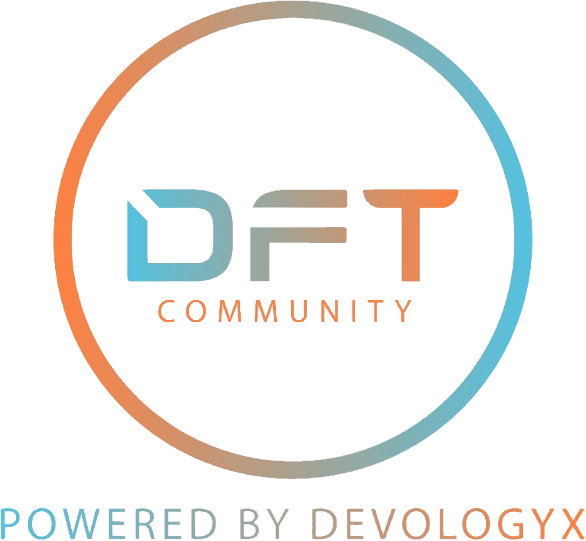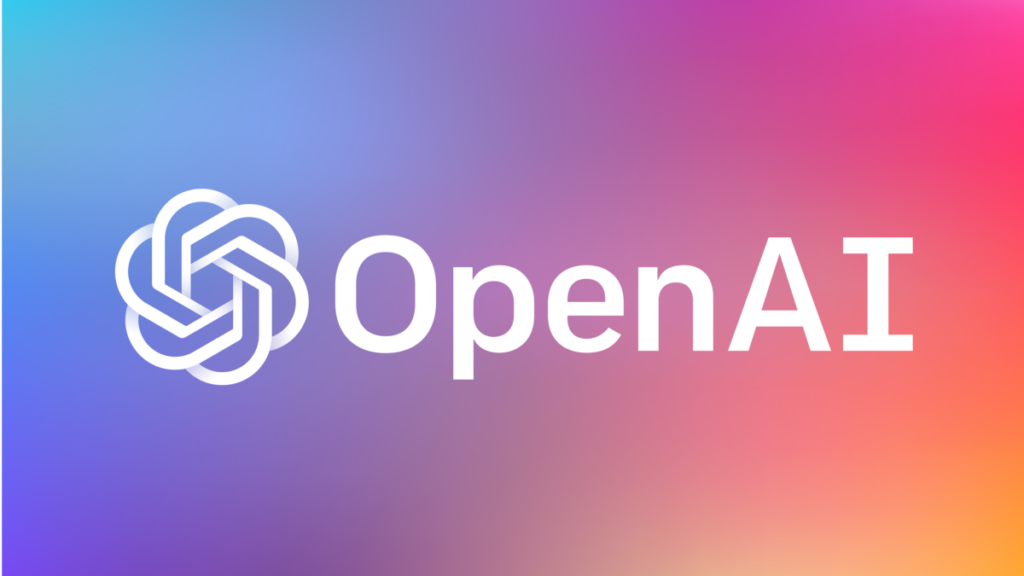OpenAI is a leading artificial intelligence (AI) research company dedicated to advancing the development of artificial general intelligence (AGI). However, many other AI research companies are also making great strides in this field. This article will outline the top five OpenAI alternatives, including their key features. Each of these companies has a unique approach to AI research and development, offering a wide range of AI solutions. The growth of AI and machine learning technologies has made it increasingly more work for organisations to keep up with the latest advancements. Despite being a strong tool, OpenAI might not be the ideal choice for everyone. You can choose which one is best for you by exploring the many OpenAI choices.
OpenAI is different from other AI research organisations because it focuses on creating beneficial artificial general intelligence (AGI) that can be used across various fields and applications. OpenAI was founded by a group of renowned scientists and entrepreneurs to advance digital intelligence in a way that is safe and beneficial to humanity. It focuses on collaborative research, open-source software, and responsible AI development and deployment. OpenAI also strongly emphasises safety and ethical considerations, an area often neglected by other AI research entities.
Let’s discuss the top five OpenAI alternatives that you should put into consideration for your AI projects.
Amazon Machine Learning
Amazon Machine Learning is a cloud-based service that makes it easy for developers of all skill levels to use machine learning technology. It allows customers to build ML models quickly by using powerful algorithms and by using the same scalable infrastructure that Amazon uses to build its own internal ML technologies. With Amazon Machine Learning, customers can quickly and easily create predictive models that can be used to make smarter business decisions and predictive analytics. Amazon ML also provides data visualization and other advanced analytics capabilities that can help users gain insights into their data. With Amazon Machine Learning, Developers can identify trends, build models, and generate predictions from data. This helps developers create better applications, products, and services by providing insights into customer behaviour, market trends, and other information. Additionally, Amazon ML is easy to use and provides an intuitive user interface that makes it accessible to those who may not have a lot of experience with machine learning. Amazon ML is also highly scalable, allowing developers to increase their usage as needed without investing in additional resources. It features automatic model tuning, automated machine learning (AutoML) capabilities, and real-time insights into model performance. Additionally, it offers an Amazon SageMaker integration that supports streaming data sources and makes it easier to build, train and deploy ML models.
IBM Watson
IBM Watson is an artificial intelligence (AI) platform that uses natural language processing and machine learning to uncover insights from large amounts of unstructured data. Watson is used to help businesses gain insights from data, identify trends, and improve decision-making. Watson can be used to develop custom applications such as virtual agents, chatbots, and recommendation engines. It can also be used to analyse large volumes of text and data, detect patterns, and develop predictive models. Watson can be integrated with numerous enterprise systems and applications. IBM Watson can help developers create applications that can understand the user’s intent, identify patterns in data, and provide insights that can be used to create better experiences and more efficient processes. Additionally, IBM Watson can help developers automate tasks and reduce the need for manual labour, saving time and money. A few features of IBM Watson include Machine Learning, Computer Vision, Cognitive Computing and Analytics.
Azure ML
Azure ML is a cloud-based machine learning service from Microsoft that helps developers build, train, deploy, and manage predictive analytics models in the cloud. Azure ML provides features such as drag-and-drop tools for quick and easy model building, cloud-based training and deployment, and integration with other Azure services. Azure ML also makes it easier to collaborate on models with others and provides a secure platform for running and managing models. Azure ML provides a suite of cognitive services that enable users to incorporate AI capabilities into their applications. Azure ML also provides a Data Science Virtual Machine (DSVM) that provides a fully-managed environment for data scientists to develop and deploy machine learning models. Azure ML provides a model management service that enables users to centrally manage and monitor the performance of models deployed across multiple environments. It enables developers to quickly build and deploy models using powerful algorithms and tools such as Python, R, and SQL. Azure ML also provides automated machine learning capabilities, making building more accurate models easier.
BigML
BigML is a cloud-based machine learning platform for data science professionals. It provides an easy-to-use web interface for developers to build and deploy predictive models. It includes a variety of powerful tools for data pre-processing, data visualisation, and model evaluation. BigML provides developers with an easy-to-use graphical user interface, allowing them to quickly and easily develop machine learning models with minimal programming knowledge. Additionally, BigML gives developers access to a robust set of APIs that can automate the building, deployment, and monitoring of machine learning models. BigML also provides tools to deploy models in production, automate the process of model building, and monitor the performance of models. BigML is a powerful tool for businesses to gain insights from their data, build and deploy predictive models, and make data-driven decisions. BigML features include comprehensive APIs, advanced modelling, automated machine learning and more.
Cortex.ai
Cortex.ai is an open-source AI platform that simplifies the development, deployment and scaling of AI applications. It provides developers with easy-to-use tools to quickly and easily create, deploy, and manage AI models and applications. Cortex.ai provides an intuitive, browser-based drag-and-drop interface for quickly creating AI models and enables the deployment of models on various hardware platforms, such as edge computing devices, cloud-based servers, and GPUs. Cortex.ai enables developers to ingest data from a variety of sources, including databases, files, web APIs, and more. Cortex.ai also provides a range of features for data pre-processing, such as data cleaning, normalisation, and augmentation. Cortex.ai supports developing various machine learning models, including deep learning, reinforcement learning, and traditional algorithms. Cortex.ai also supports the deployment of models to different hardware platforms, such as edge devices and cloud-based servers. Cortex.ai offers a secure, scalable architecture for AI applications, with support for authentication and authorization.
Conclusion
In conclusion, the top 5 OpenAI alternatives are Amazon Machine Learning IBM Watson, Microsoft Azure, BigML, and Cortex.ai. Each of these platforms offers powerful AI solutions and services that can be used to develop artificial intelligence applications. Each platform has its own strengths and weaknesses; it is important to research and compare them to determine the most suitable for a specific project. With the right choice, these platforms can provide a valuable source of AI solutions and help create innovative and cutting-edge applications.


